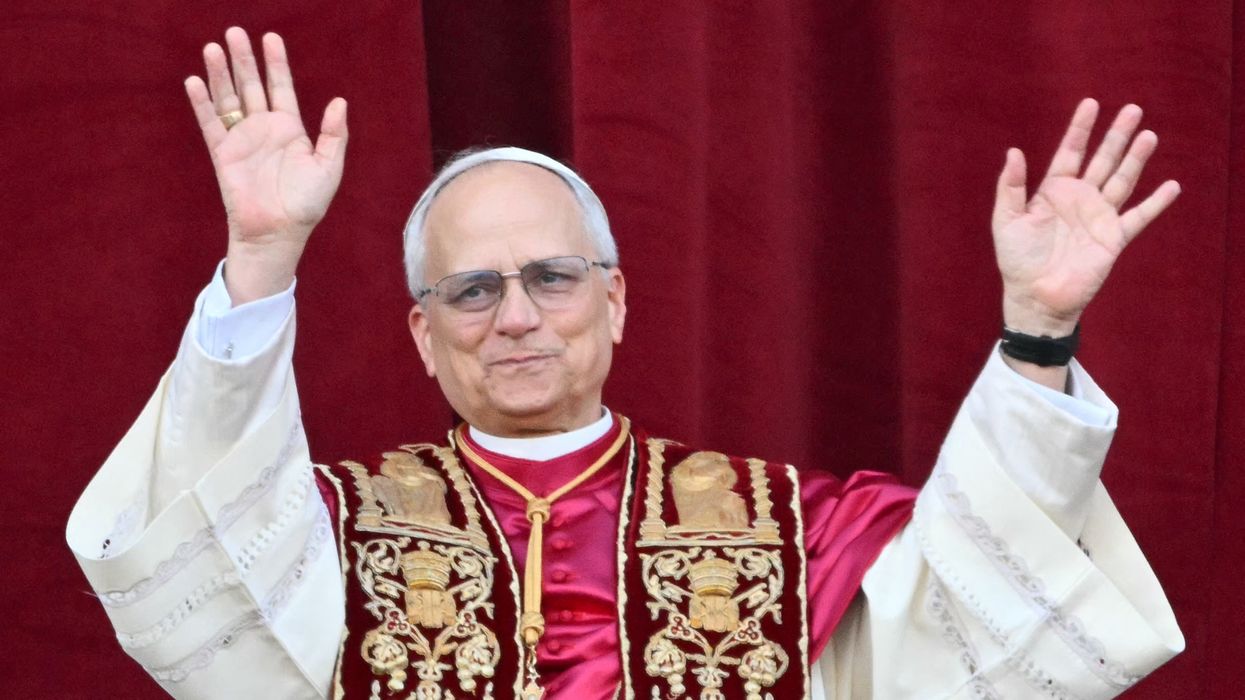THE ANNUAL inflation rate dropped to 2.5 per cent in December, according to data from the Office for National Statistics (ONS) released on Wednesday.
The unexpected decline slightly eases pressure on the Labour government, which is grappling with economic challenges.
Analysts had predicted no change from the November figure of 2.6 per cent.
Grant Fitzner, chief ONS economist, said: "Inflation eased very slightly as hotel prices dipped following an increase in December 2023."
He added: "The cost of tobacco was another downward driver, as prices increased less than a year earlier. However, this was partly offset by the cost of fuel and also second-hand cars, which saw their first annual growth since July 2023."
The ONS report also showed that on a monthly basis, the Consumer Prices Index (CPI) rose by 0.3 per cent in December, compared to a 0.4 per cent increase a year earlier.
Core CPI, which excludes energy, food, alcohol, and tobacco, rose by 3.2 per cent over the 12 months to December, down from 3.5 per cent in November.
On Tuesday, chancellor Rachel Reeves defended the government’s economic strategy in parliament, highlighting the need to "go further and faster" in driving economic growth amid market turbulence.
During the session, Reeves faced renewed calls for her resignation from the opposition Conservative party, but prime minister Keir Starmer reaffirmed his support for her.
The UK’s 10-year bond yields recently hit their highest level since the 2008 financial crisis, creating additional fiscal strain for the government. This could lead to further spending cuts or tax increases.
Reeves’ first budget in October introduced tax rises for businesses, a move that some critics say has contributed to the economy’s sluggish growth in recent months.
(With inputs from AFP)



















